Difference Between Corporate Tax and VAT in UAE
Understanding the Key Differences between Corporate Tax and VAT in UAE
Assorted taxation frameworks are an important part of business operations in the United Arab Emirates. Corporate Tax and Value Added Tax are two important forms of taxes in businesses. Though both have significant roles in the revenue generation of government, they differ in the scope, application, and implications. In this blog, we will explore the differences between Corporate Tax and VAT in UAE and the importance of seeking professional tax consultation service in UAE. Being in the field for more than a decade, PROFITZ ADVISORY is one of the most trusted accounting companies in Dubai. Our expertise, commitment, and excellence in tax and audit services makes us a top accounting firm in Dubai.
Corporate Tax in UAE:
Corporate Tax, which is also known as Corporate income Tax, is a tax imposed on the income earned by companies and businesses in the UAE. Corporate Tax services in dubai is imposed on the profits generated by a company after reducing the costs incurred by a company from the revenue generated.
VAT in UAE:
Value Added Tax in UAE (VAT) is an indirect tax imposed on goods and services. It is applicable for both goods and services sold within the UAE and certain imported goods as well. VAT is collected from the consumer and paid to the government by businesses at each point of transaction. Here Registered businesses act as intermediaries in the collection process of tax and claim the tax they have paid on their purchase.
Key Differences between Corporate Tax and VAT:
- Nature of Taxation: Corporate Tax is a direct tax levied on the company’s profits while VAT is an indirect tax on the goods and services and is collected at the end of each purchase.
- Taxable Entities: Value Added Tax is applicable to goods and services sold within the UAE whereas Corporate Tax is applicable to both companies and businesses earning a taxable income.
- Tax Calculation: The measurement criteria for VAT is that it is calculated on the value added at each stage of the supply chain, while corporate Tax is imposed on the net profit of the company.
Registration Thresholds: VAT registration is based on the turnover thresholds set by the authorities, while Corporate Tax registration is based on profitability of a company.
Tax Liabilities: While Corporate Tax is paid by companies, businesses are the collection point of VAT, and remitting it to the government.
Treatment of Expenses: In VAT, there is no provision for deduction of expenses, but in Corporate Tax, companies can deduct their expenses and then determine the taxable amount.
Importance of VAT and Corporate Tax Consultants in Dubai:
As VAT and Corporate Tax regulations are complex processes, it is advisable to seek professional help from tax consultants in dubai to determine their payment of taxes. The best VAT consultants in Dubai, UAE with their expertise and experience in the field will guide you through VAT registration process, ensure adherence to tax laws and proper record-keeping, and assist to optimize tax strategies. Seeking professional assistance from Corporate tax consultants in dubai can help the companies to understand their eligible deductions, tax obligations, and stay updated on any changes to tax regulations.
Having discussed both Corporate Tax and VAT services in dubai, let’s conclude that both differ in their unique implications for businesses. While VAT is an indirect tax on the goods and services consumed in the country, Corporate Tax is a direct tax imposed on the profits earned by companies. Businesses operating in Dubai, are advisable to acknowledge the differences and seek professional assistance from VAT and corporate tax consultants in Dubai, UAE to ease the complexities of tax payment.
Questions
Corporate Tax is the tax paid by the company after the deduction of the expenses of the company from income generated. While VAT is applied to value added at each stage of the production or distribution of services and goods.
The UAE had a standard VAT rate of 5% that applies to most goods and services, 0% for export of goods and services. There are also some transactions that are considered out of scope of VAT. Corporate tax is charged at 0% up to a certain threshold and for 9% above the threshold. There are also certain exemptions for qualifying incomes on qualifying freezones.
Corporate Tax is paid by companies, while VAT is collected and paid by businesses from customers on the behalf of the government .
Yes, registered businesses can claim input tax credit on VAT and this helps to reduce the overall VAT liability for the company.








